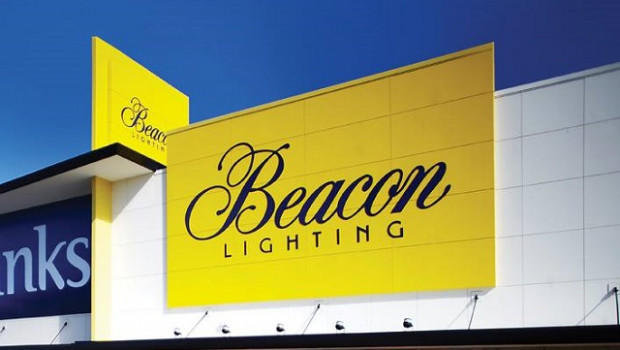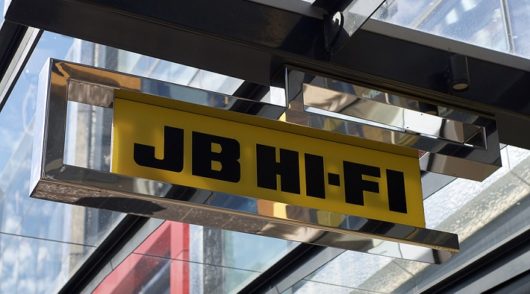
Specialty lighting retailer Beacon Lighting says it saw significant sales growth in the first three-and-a-half months of its second half as customers spent more time working, learning and completing projects at home, but it is uncertain whether these strong sales will continue in the future.
Still, the retailer expects its FY20 underlying net profit after tax (NPAT) to exceed $16.5 million, its underlying NPAT in FY19, excluding the impact of the sale of its distribution centre, closure of its solar energy business and AASB 16 leases.
Including the impact of the sale of its distribution centre, closure of its solar energy business and AASB 16 leases, Beacon’s forecast FY20 statutory NPAT will exceed its forecast FY20 underlying NPAT.
Beacon’s total sales in the period of December 30, 2019, to June 14, 2020, increased 15.5 per cent compared to the corresponding period in FY19, and company stores’ comparative sales increased 16.9 per cent. Online sales grew 77.7 per cent.
FY20 to June 14, 2020, saw total sales increase 7.1 per cent and comp sales increase 6.4 per cent compared to the same period in FY19. Online sales were up 47.8 per cent.
Unlike many retailers in more discretionary categories like fashion, Beacon Lighting kept its stores open throughout the COVID-19 pandemic. The decision to close stores or keep them open has had an enormous impact on most bricks-and-mortar retailers’ second-half sales.
Beacon Lighting Group CEO Glen Robinson thanked the store teams for their support throughout the COVID-19 pandemic.
“During these uncertain times the team members of Beacon Lighting have shown how adaptable they are to the changing circumstances, providing our customers with exceptional service while ensuring all health and safety guidelines are followed,” Robinson said.
“The great results achieved would not have been possible without the efforts of our team and the support of our customers.”
Beacon adhered to social distancing standards, invested in additional intensive cleaning, restricted the number of customers in-store and provided hand sanitiser.
The retailer noted that the cost of closing its solar energy business has exceeded the original forecasts. The cost is now expected to be around $5 million, due to the cost of completing the solar projects, realising excess stock, ongoing warranty obligations and doubtful debts.





